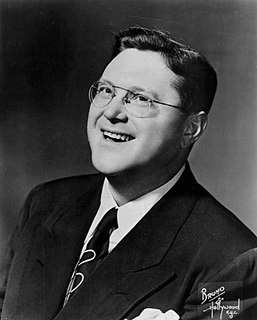A Quote by Calvin Coolidge
At first I intended to become a student of the Senate rules and I did learn much about them, but I soon found that the Senate hadbut one fixed rule, subject to exceptions of course, which was to the effect that the Senate would do anything it wanted to do whenever it wanted to do it.
Related Quotes
Moments ago, the U.S. Senate decided to do the unthinkable about gun violence - nothing at all. Over two years ago, when I was shot point-blank in the head, the U.S. Senate chose to do nothing. Four months ago, 20 first-graders lost their lives in a brutal attack on their school, and the U.S. Senate chose to do nothing. It's clear to me that if members of the U.S. Senate refuse to change the laws to reduce gun violence, then we need to change the members of the U.S. Senate.
Bob Torricelli, Democrat member of the Senate, was basically about to be thrown out of office on corruption charges, and he went to the floor of the Senate to deny everything. And we juxtaposed his denials with an attorney from someone in an action against Torricelli who was listing all of the gifts and all the bribes that Torricelli had been given and offered in exchange for policy considerations on the Senate floor. So he's on the Senate floor denying it.
The Senate was the equivalent of an aristocracy at the beginning. Senators were not even elected; they were appointed in the early days. Then that changed, and senators did become elected. But the Senate is designed to slow down out-of-control, madcap activity elsewhere in the legislative branch (i.e., in the House), and the 60-vote rule was part of that.
The constitution has divided the powers of government into three branches, Legislative, Executive and Judiciary, lodging each with a distinct magistracy. The Legislative it has given completely to the Senate and House of Representatives. It has declared that the Executive powers shall be vested in the President, submitting special articles of it to a negative by the Senate, and it has vested the Judiciary power in the courts of justice, with certain exceptions also in favor of the Senate.
































